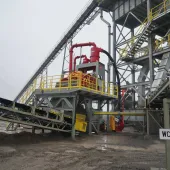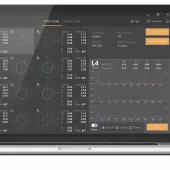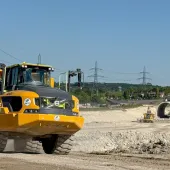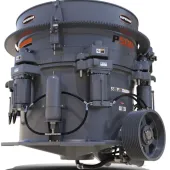Timely tips for a productive summer
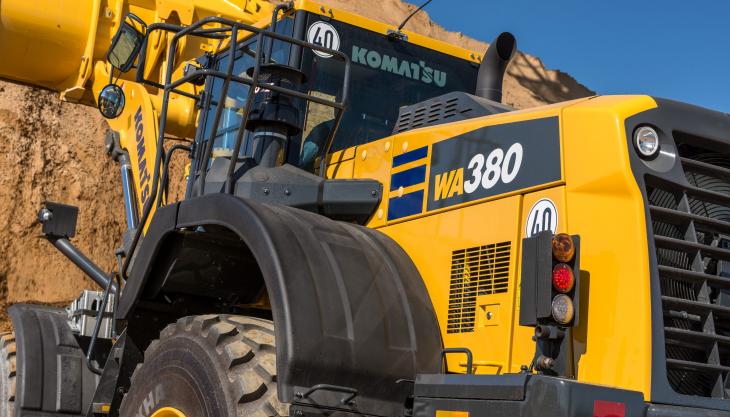
Marubeni-Komatsu highlight six ways to help maintain efficiency during the warmer, dryer months
THE summer months can offer their fair share of challenges for construction machines. The sun, warmer temperatures, and humidity can all be causes for concern – not to mention that summertime also tends to be peak construction season, putting a unique strain on the hours in the day. But whilst Marubeni-Komatsu’s Komtrax telematics system offers a quick and easy way to monitor machine condition and performance, there are some other, simpler ways that operators can help maintain peak efficiency through the warmer, dryer months.
Air-conditioning
A common practice by operators is to have the doors and windows wide open to allow a rush of air through the cab; the only problem is, the air-conditioning is also often turned up to maximum at the same time. All this does is put a significant strain on the air-con system. Most modern cabs are designed to remain ventilated naturally to maintain a workable temperature when the ignition key is turned – in warmer weather, the cab continues to be ventilated using the remaining available cooling from the surface of the air-con condenser – opening the doors and windows will make this process less effective. It is also worth doing a weekly check to make sure that the air-con filters are not clogged.
Operator hydration
The operator may be sat in an air-conditioned cab while working, but it is still possible to get dehydrated during a long shift. It is important for the operator to regularly drink water during the hotter periods. Do not let a lack of fluid intake be the cause of an operator feeling drowsy or unwell, which could negatively impact work quality or time management.
Fuel and DEF tanks
The easiest way to prevent fuel-related issues during the summer months is to fill the tanks at the end of the day. The same goes for DEF tanks. A working day can often leave a quarter or less of fuel in the tank which would be naturally hot because of the return cycles. The hot fuel and humidity can cause condensation by drawing moisture through the breather into the tank; even the smallest amount of water mixed into fuel can negatively impact machine performance.
Let machines cool off
During really hot periods, a machine may need an extra few minutes to cool/cycle down at the end of the day. The turbocharger is lubricated with engine oil and can rotate at more than 100,000 rev/min under heavy working conditions – if not allowed to idle down for an extra couple of minutes, the shafts and bearings can be damaged by lack of oil supply due to the engine being shut off too soon.
Birds’ nests
A strange one, perhaps, but birds’ nests can appear in different compartments of a machine and can easily lead to fires and other safety issues, especially if they have been left to dry out for a long period of time. Engine compartment cleaning is mentioned in the operator’s manual, but it is worth double-checking areas of the machine where a bird might have settled and introducing additional cleaning protocols to the engine compartment.
Check operations manual for greasing intervals
Follow the operator’s manual regarding guidelines on greasing intervals, especially in dusty or hot applications/environments where the grease may become less effective or be exposed to contaminants.




